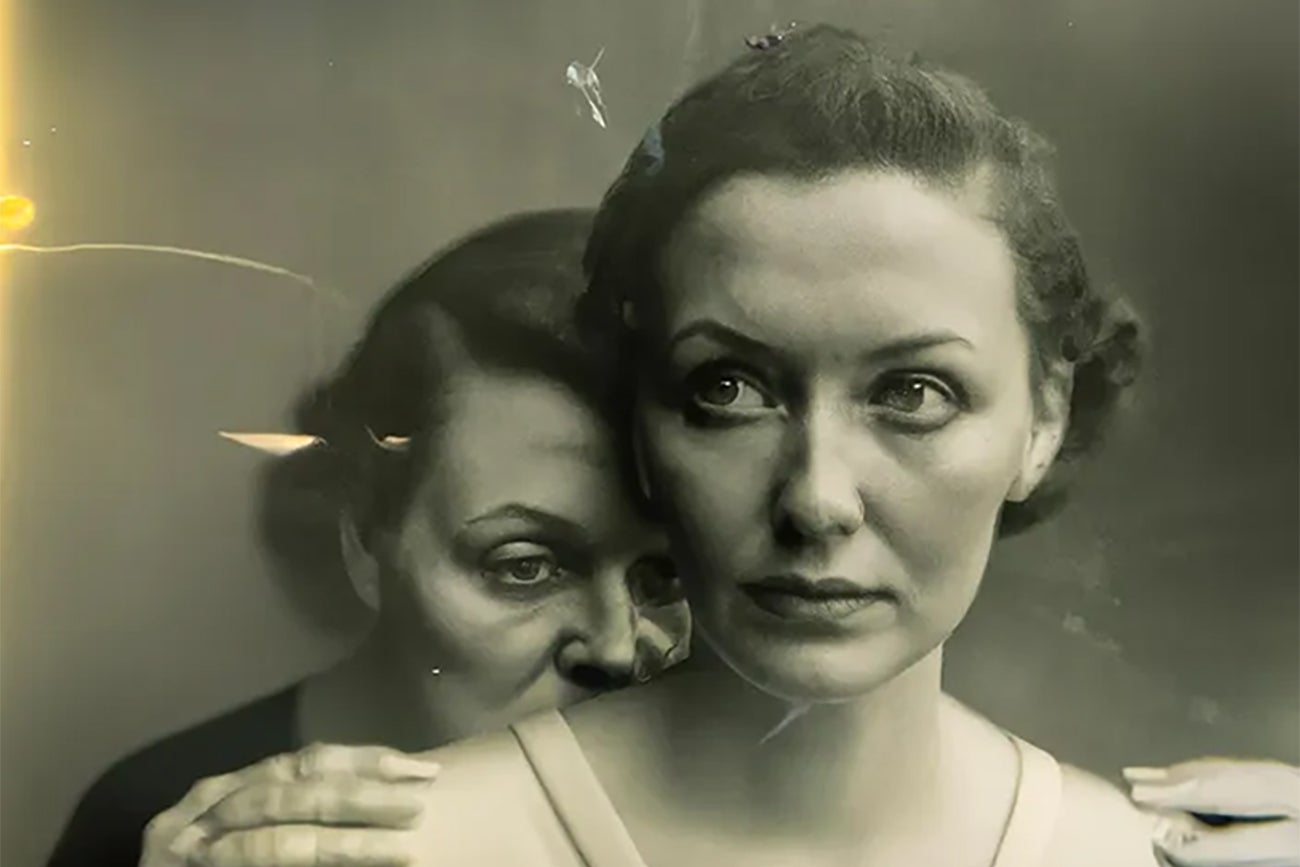An AI-generated image won a prestigious photo contest award, but the artist won’t accept the prize
The AI image shows some telltale AI signs, yet it still won the award.

The Sony World Photography Awards represent one of the year’s biggest photography contests, with thousands of entries and very desirable prizes. This year, a German artist named Boris Eldagsen won the “Creative” category in the Open Competition with a portrait of two women. It’s an appealing image that evokes the style of an old-school alternative process. The problem: It’s not a real photograph. It was created using AI.
The image has since disappeared from the contest’s website, and the artist has released a statement on his own site about the entire ordeal. As you might expect, the contest organizers are very unhappy with this development. The artist allegedly never intended to take any of the prizes (which he hasn’t) but wanted to start a discussion about AI’s relationship with photography going forward.

How did the image win?
The image in question looks like a warm-tone tintype. It has imperfections around the edges that are typical of old-school chemical processes, which likely help obfuscate the fact that it was created digitally.
Upon closer inspection, you’ll find some telltale signs that the image isn’t a true photograph. The depth of field seems inconsistent when comparing the faces to the subjects’ bodies. Even though view cameras typically used for tintypes and other alternative processes allow for focal plane manipulation, the effect here goes beyond simple tilt and swing.
The catch light in the front subject’s eyes also reads weirdly to me. The angle doesn’t seem to exactly match. But, again, presenting it as an alternative process image helps gloss over small inconsistencies like that because the process includes so many variables.
Where do we go from here?
When Popular Photography was still a print magazine, we regularly threw several large-scale photo contests every year, including our annual Readers’ Contest, which garnered thousands of paid entries. When vetting our winners, we typically tried to be as thorough as possible by asking winners to see the original camera file to ensure authenticity and ownership.
As photo contests go forward, we expect more and more organizations will have to put similar restrictions in place to combat the proliferation of AI-generated images. It’s not a simple cut-and-dry process, however. As AI editing tools improve, we’ll once again have to dredge up the long-standing arguments about how much editing is allowed before an image ceases to function as a photograph.
In short, photo contests are going to be really weird for a while–maybe forever. AI isn’t likely to go away, and the waters will only get muddier as we move forward.
